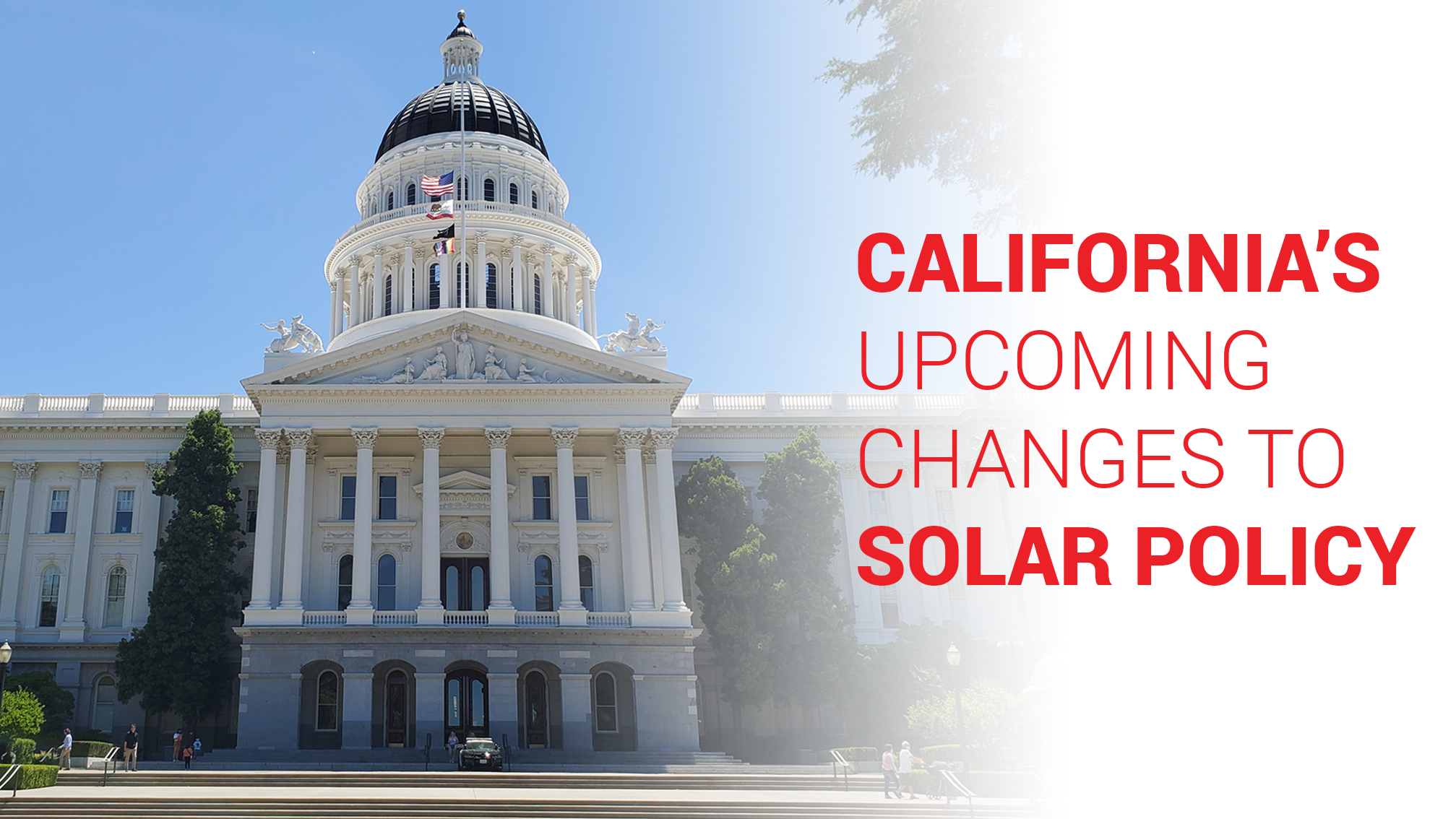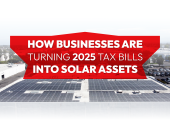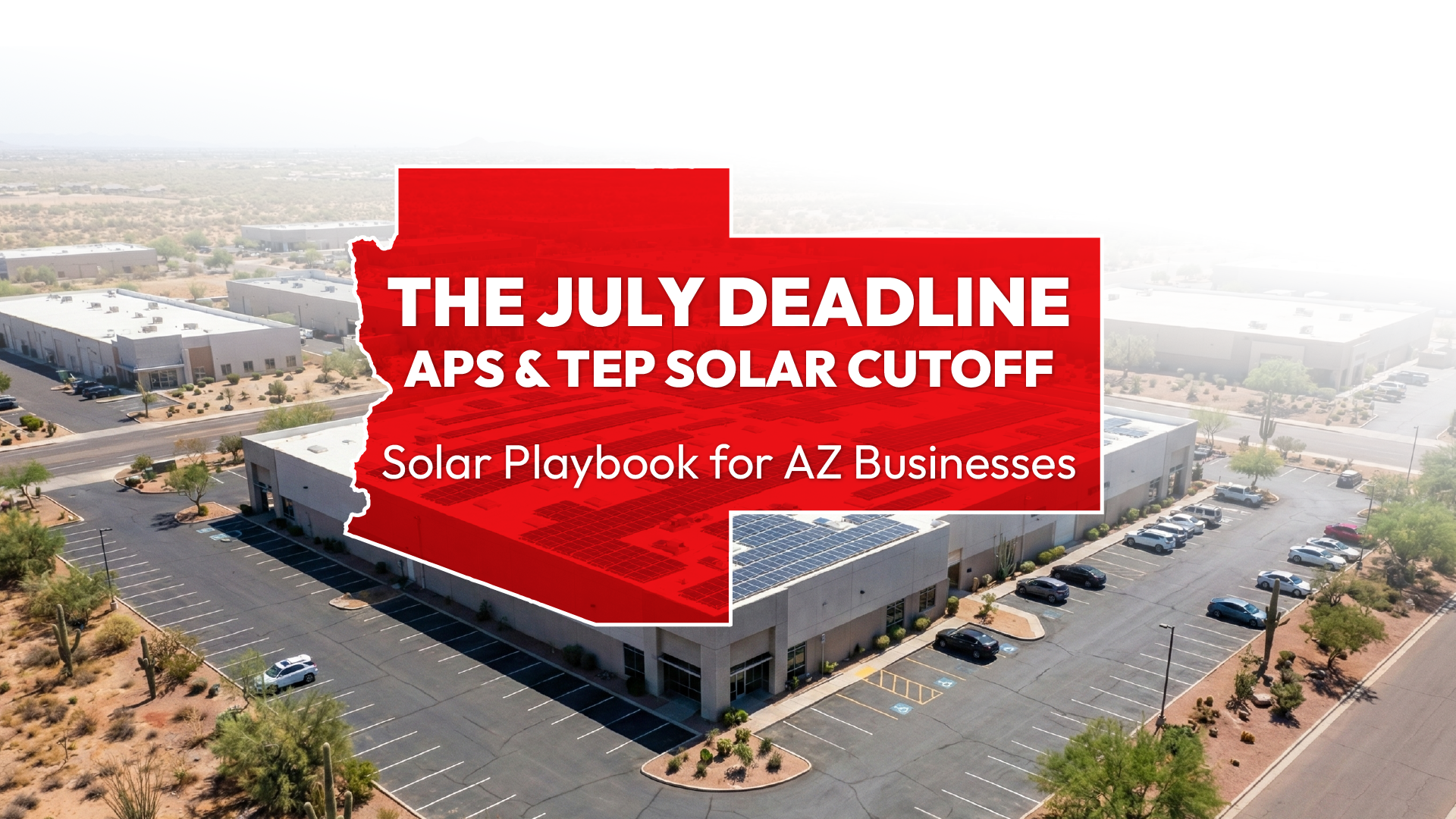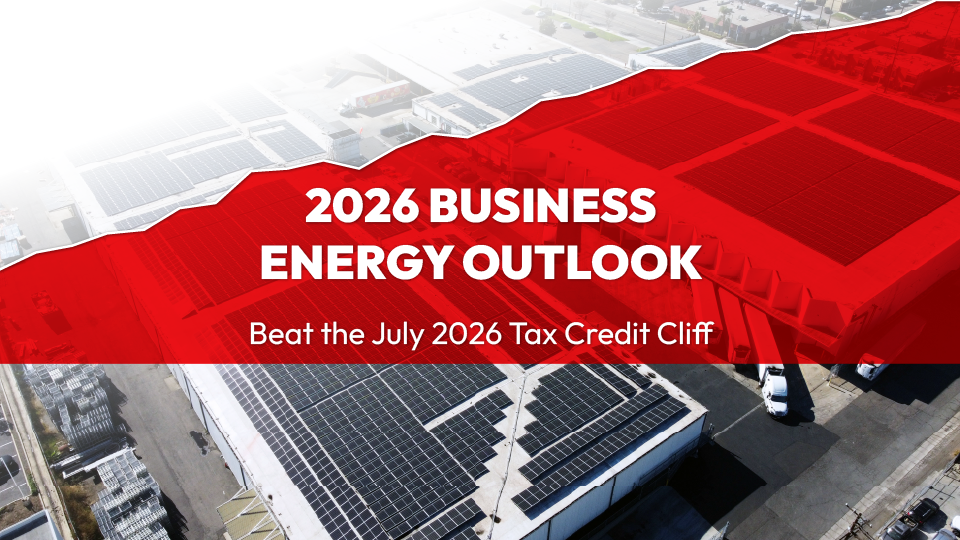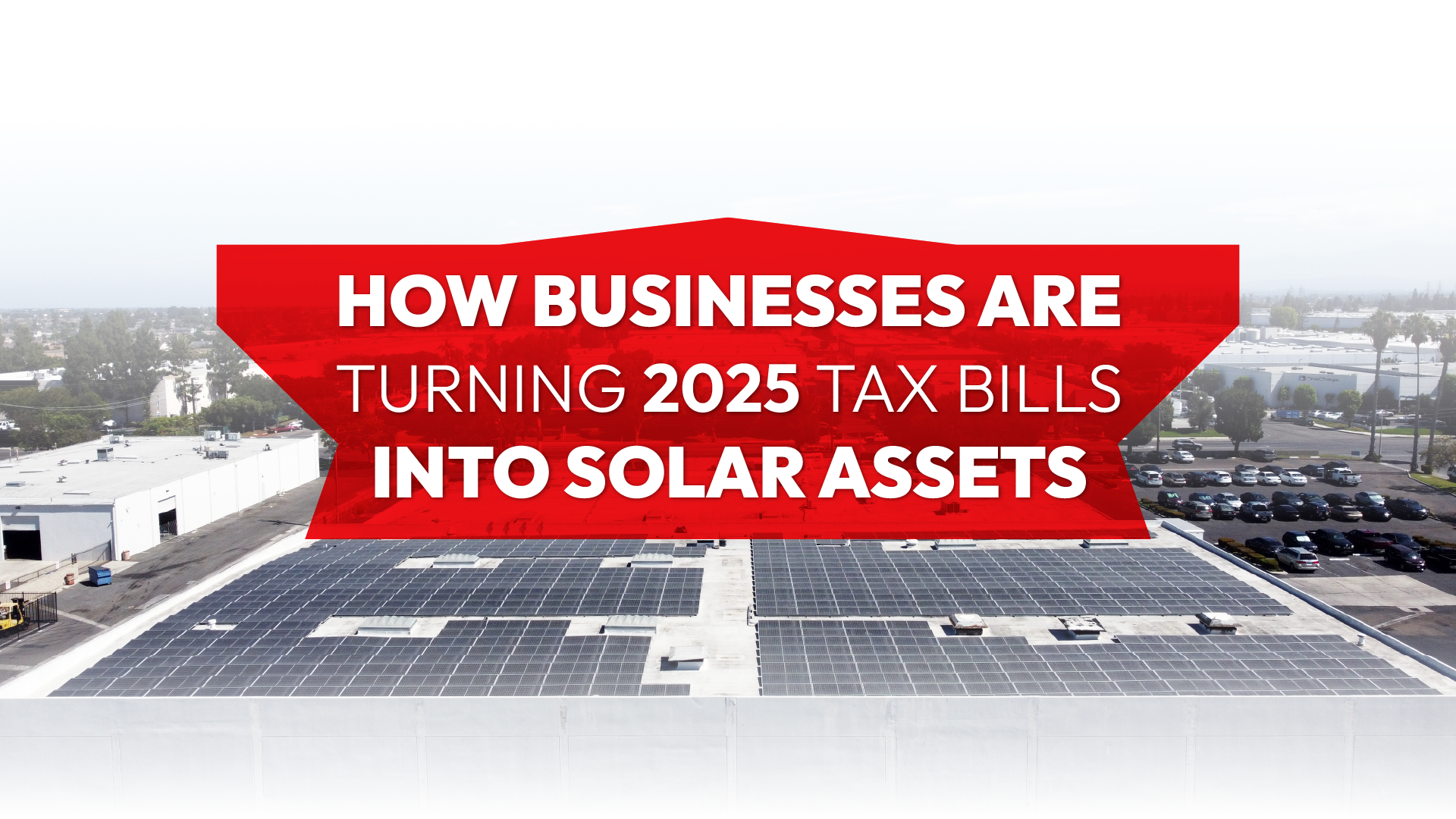New & Upcoming Changes to Solar Policy in California
Legislative policy catalyzes the solar industry in the United States, the new Inflation Reduction Act (IRA) attempts make solar more affordable for businesses but California has upcoming changes to programs and policies that may work against that progress. Existing programs like Net Energy Metering, VNEM, NEMA and SGIP that have helped many solar projects pencil out are either facing significant changes or simply don’t have funds available.
This information is not intended to scare businesses into going solar now, but a clear look at policy change that will greatly affect the industry. One thing reigns true, as long as electricity prices continue to climb, solar will always be necessary for businesses.
Looking ahead to 2023, the California Energy Commission will require all new commercial buildings be constructed with solar modules and energy storage installed on the property. However, an assembly bill (AB2143) recently signed by Gov. Gavin Newsom, could dramatically increase labor costs for solar projects in 2024, as it includes prevailing wage regulation and the requirement that 20% of work hours be filled with apprentices from certified programs. Also planned for 2024, FEMA proposed increasing the structural risk category for solar installations, significantly increasing structural building requirements for natural disaster resilience.
Inflation Reduction Act - Profound and Extended Effects
Seen as the largest U.S. investment in clean energy, the effects from the IRA could last much longer than anyone expected. The Congressional Budget Office expects to spend $374 billion throughout the life of the bill, but the incentives for zero-carbon electricity are uncapped. Established investment banks expect so many individuals and businesses to access sustainability through the IRA, that total spending could more than double the proposed budget at $800 million.
For businesses and corporations, the IRA moves commercial solar investments away from mitigating risk to focus on capturing opportunity.
New Program: Net Energy Metering (NEM 3) / Net Billing
California’s Public Utilities Commission has approved new net billing tariff after significant delays in their decision on how excess solar energy is valued by investor owned utilities. Funded and pushed through the legislative hoops by IOU’s, NEM 3 aka “net billing” has been seen as a clear and present danger to the industry as businesses and individuals alike joined together to show significant opposition to the change. Even through overwhelming public support, the CPUC hasn’t shown much compromise.
Proposed decisions were expected to be delivered by the CPUC early in 2022, but have been put into a phase of “indefinite delay” as of February 2022. Proposed again in November as Net Billing, and quickly voted and passed in December, the new program still reduces the value of exported solar energy, but will rely more on energy storage.
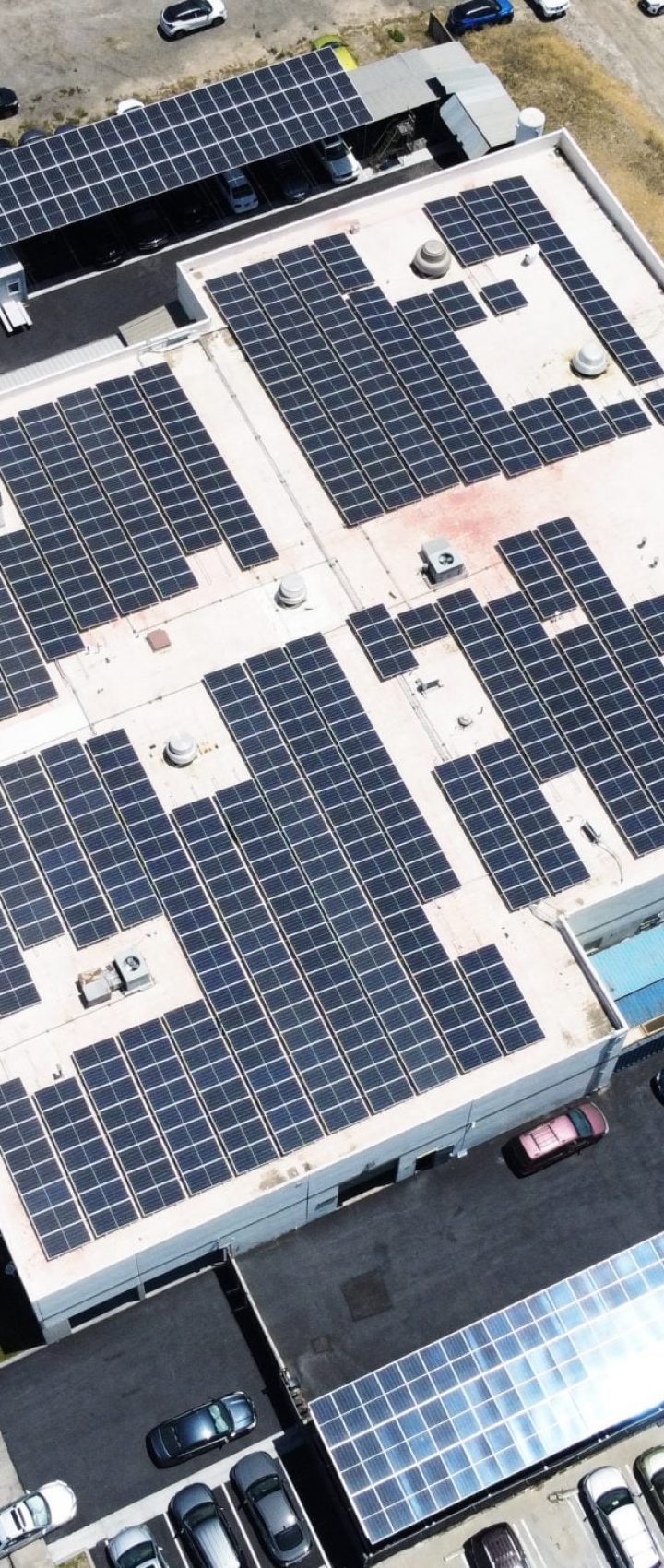
CEC Requires Solar PV & Energy Storage on New Commercial Buildings
The California Energy Commission (CEC) updated their building standards program for new construction for 2023, now requiring solar PV and energy storage systems for all new commercial and high-rise multifamily buildings. The new energy code includes provisions that require single-family homes be designed to easily incorporate battery storage with the already-required solar PV systems on new residential homes.
As commercial real estate developers prepare to adapt to the changes required by the CEC, the spotlight intensifies on organizations like the CPUC, whose decision on NEM could drastically impact plans for the newly imposed energy code. Other changes in California solar policy will impact this new requirement and affect how developers approach commercial real estate.
New Policy Bill AB2143 Categorizes Many Solar Projects as Public Works
Scheduled to take effect in 2024, AB2143 was a policy pushed and passed in an effort to define any solar project that accesses public funds or programs as a public works project. This would now encompass most solar investments in California, as solar installations within the service area of an investor-owned utility are typically interconnected through a net metering agreement, selling excess solar-generated electricity back to the utility.
Public works projects require prevailing wage and 20% of the work be apprentice work hours to be completed and documented thoroughly. This is a massive change that the entire industry must adapt to, which could increase labor costs significantly.
Newly passed and vaguely written, regulators have just over one year to determine how this huge shift in labor practices will be implemented. The full effect of this bill won’t be completely known until developers adapt to regulations in 2024.
Potential Solar Policy Changes & Unknown Consequences for California
These changes for existing programs and policy updates will certainly result in more project complexity and increased costs for businesses looking to install solar in California. Now is the time for businesses with rising electricity costs to consider solar before programs and policies change further in 2023 and 2024.
For an example, here are case studies on commercial solar projects within Southern California Edison (SCE) and San Diego Gas & Electric (SDGE) service areas that allowed these businesses to significantly reduce their reliance on investor-owned utilities that seem to keep electricity rates on a sky-high trajectory.
Revel Energy has helped many California businesses create capital through sustainability with commercial solar, energy storage systems and EV charging stations. Contact us today to learn how much your business could save on its electricity bill before commercial solar costs for you, and your competitors increase even more.
Commercial grade rooftop solar is ideal for: manufacturing, warehousing, logistics, industrial, retail, hospitality buildings and more with over 10,000 sq. ft. rooftops.
CARPORT SOLAR
Free standing carport solar generates added solar power for properties with limited rooftop space. Added benefits include shading and protection for employees vehicles.
Crucial for reducing peak demand charges. Automated to supply electricity when your panels won’t. Energy storage is ideal for businesses that incur significant peak charges.
As the popularity of electric vehicles increase, so does the demand for on-site charging. This sustainable amenity has become a parking lot fixture for competitive employers.
OUR SERVICES
TURNKEY COMMERCIAL GRADE SOLAR, ENERGY STORAGE, LED LIGHTING AND MORE.
PROFESSIONAL GUIDANCE
CUSTOM TAILORED PLANNING
CONSTRUCTION & INSTALLATION
CSLB #1106092
Client Testimonial: Kelemen Company
Corporate Business Park in Irvine, CA has created significant electricity cost savings through commercial solar installed across the 5-building business park.
Client Testimonial: Tice Gardner & Fujimoto LLP
See how this CPA firm saved on electricity and gained valuable tax credits through commercial solar that they used to keep cash in the businesses.

